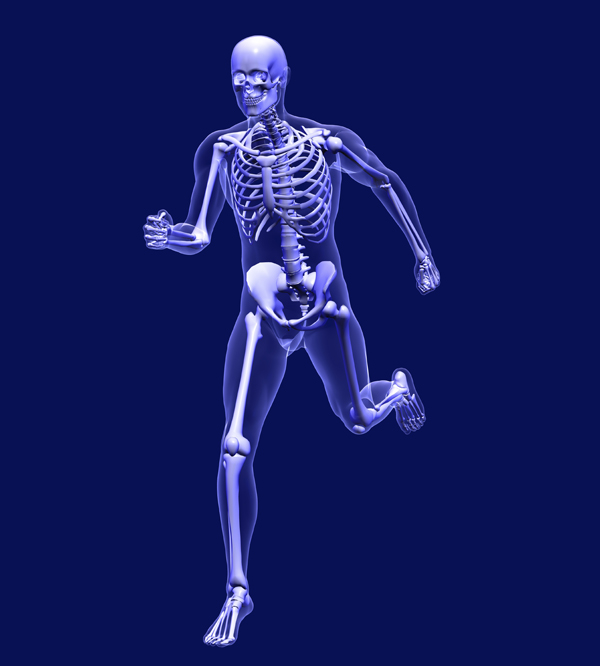In prior posts we have discussed the rising rates of ACL injuries among adolescent injuries. In particular, among females who are up to 8 times more likely to tear their ACL compared to their male peers in the same sport. Efforts to reduce our Boulder County athletes’ ACL injury risk are underway and promising results have come from both screening tests and preventative programs. These tests and programs focus on first identifying strength and coordination deficits in athletes followed by preventive programs to address these deficits. An innovative research article recently identified neurological and cognitive deficits which may increase ACL risk.
Herman and colleagues at the University of Florida studied 37 recreational athletes during a jumping task (Am J Sp Med. 2016). The athletes were first put through neurocognitive testing including reaction time, speed, dual task performance, and visual attention. Next, the athletes were placed through a common screening test for ACL injury and the results of the neurocognitive and physical testing were analyzed. The authors placed the athletes into two groups based on their neurocognitive performance. The athletes who scored lowest on the cognitive testing showed significantly worse performances during the jump tasks. Specifically, showing knee positions consistent with higher risks of ACL injury. The authors concluded lower neurocognitive performance demonstrate movement patterns consistent with ACL injury patterns.

